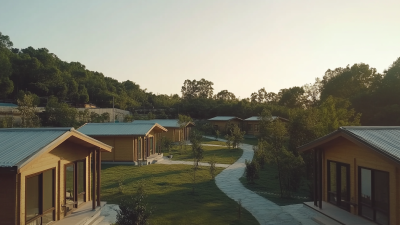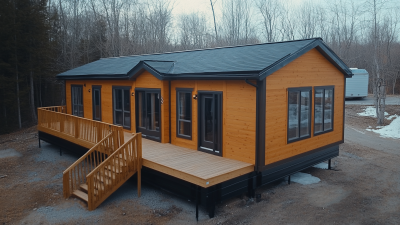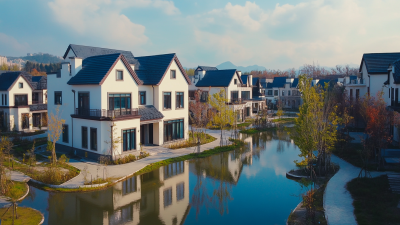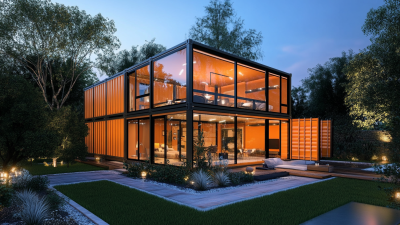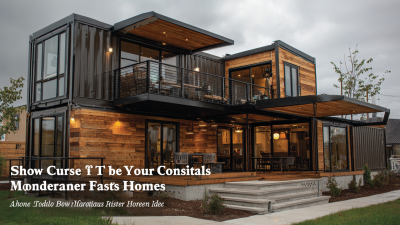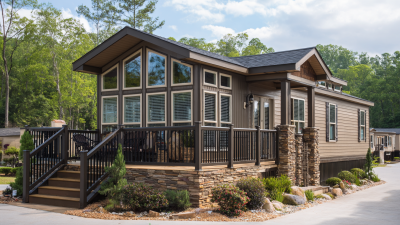The concept of living spaces is undergoing a radical transformation as the demand for sustainable and efficient housing solutions grows. Modular Cottage Homes are at the forefront of this revolution, offering a promising pathway to meet the needs of modern lifestyles while minimizing environmental impact. According to a recent report by the International Energy Agency, the building sector contributes to nearly 40% of global energy-related carbon dioxide emissions, highlighting the urgent need for adopting greener construction methods. Modular construction not only reduces waste by up to 60% but also allows for improved energy efficiency and faster build times, making it an attractive option for eco-conscious consumers. As more individuals prioritize sustainability alongside comfort, the rise of Modular Cottage Homes represents a significant shift towards embracing a lifestyle that harmonizes with our planet.
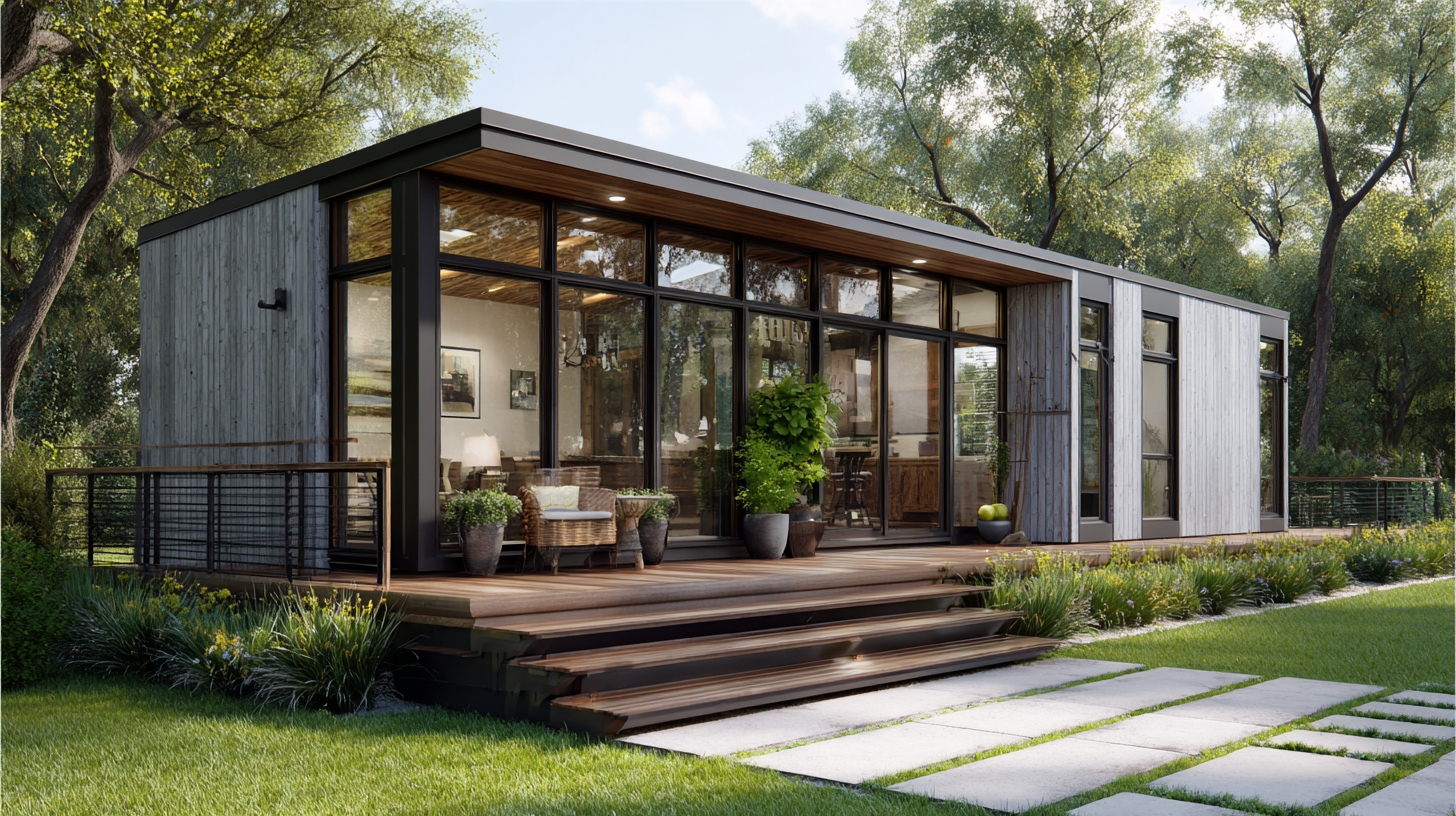
Sustainable design principles play a crucial role in revolutionizing living spaces, particularly with the rise of modular cottage homes that cater to modern lifestyles. By incorporating eco-friendly materials, these homes minimize the environmental impact while providing functional and aesthetic living spaces. The use of renewable resources, such as reclaimed wood and recycled metal, not only enhances the sustainability of the construction process but also creates unique designs that reflect an individual’s style and values.
Moreover, modular cottage homes promote energy efficiency through smart design choices. Implementing passive solar heating, green roofs, and high-performance insulation ensures that these structures remain comfortable year-round while reducing energy consumption. Additionally, modular construction methods allow for rapid assembly and flexibility in design, accommodating the diverse needs of homeowners. This approach not only speeds up the building process but also lessens the overall footprint on the environment, showcasing how modern architecture can harmoniously coexist with nature.
| Feature | Description | Sustainability Aspect | Benefits |
|---|---|---|---|
| Modular Design | Interlocking sections that can be assembled on-site. | Reduces waste and material consumption. | Flexible layout options for varied needs. |
| Eco-friendly Materials | Use of recycled and sustainable materials. | Lowers carbon footprint. | Healthier indoor air quality. |
| Energy Efficiency | High-performance insulation and energy systems. | Decreases energy consumption. | Long-term cost savings on energy bills. |
| Water Management | Rainwater harvesting systems. | Conserves water resources. | Reduces water bills and dependency on municipal supply. |
| Smart Home Technology | Integration of IoT devices for efficiency. | Enhances energy management. | Increases convenience and comfort. |
Embracing the future of living, sustainable modular cottage homes are now being enhanced by the integration of smart technology, creating a new paradigm for modern lifestyles. These homes not only offer customizable designs at a lower cost and with reduced construction waste, but they also pave the way for an efficient and connected living experience. The incorporation of smart assistive devices provides unprecedented independence for individuals with disabilities, allowing them to manage their homes through intuitive interfaces that control lighting, temperature, and security systems seamlessly.
Recent advancements in modular construction have shown that these homes can adapt to the evolving demands of urban living. Innovations like advanced heating and ventilation systems have made their way into modular designs, ensuring comfort while minimizing energy consumption. As a testament to this trend, various companies are now unveiling smart homes that prioritize sustainability alongside technological sophistication. This shift towards smart modular homes not only caters to the environmentally conscious consumer but also fosters communities that thrive on convenience and efficiency, ultimately enhancing the overall quality of life.
Modern modular cottage homes offer innovative solutions for space optimization, making them ideal for contemporary living. One essential tip is to utilize multi-functional furniture that serves multiple purposes without compromising on style. For instance, a sofa bed can transform a living room into a guest accommodation area, while nesting tables can provide additional surface space when needed but can be easily tucked away when not in use. This approach not only saves space but also maintains a clean, uncluttered aesthetic.
Another effective strategy is incorporating vertical storage solutions. Utilizing wall-mounted shelves and vertical cabinets maximizes floor space while drawing the eye upward, creating an illusion of a larger area. Additionally, built-in storage under stairs or within furniture units helps to hide away items, further enhancing the living environment's overall appeal. By thoughtfully planning the layout and choosing the right elements, modular cottages can be both stylish and functional, perfectly aligning with modern lifestyles.
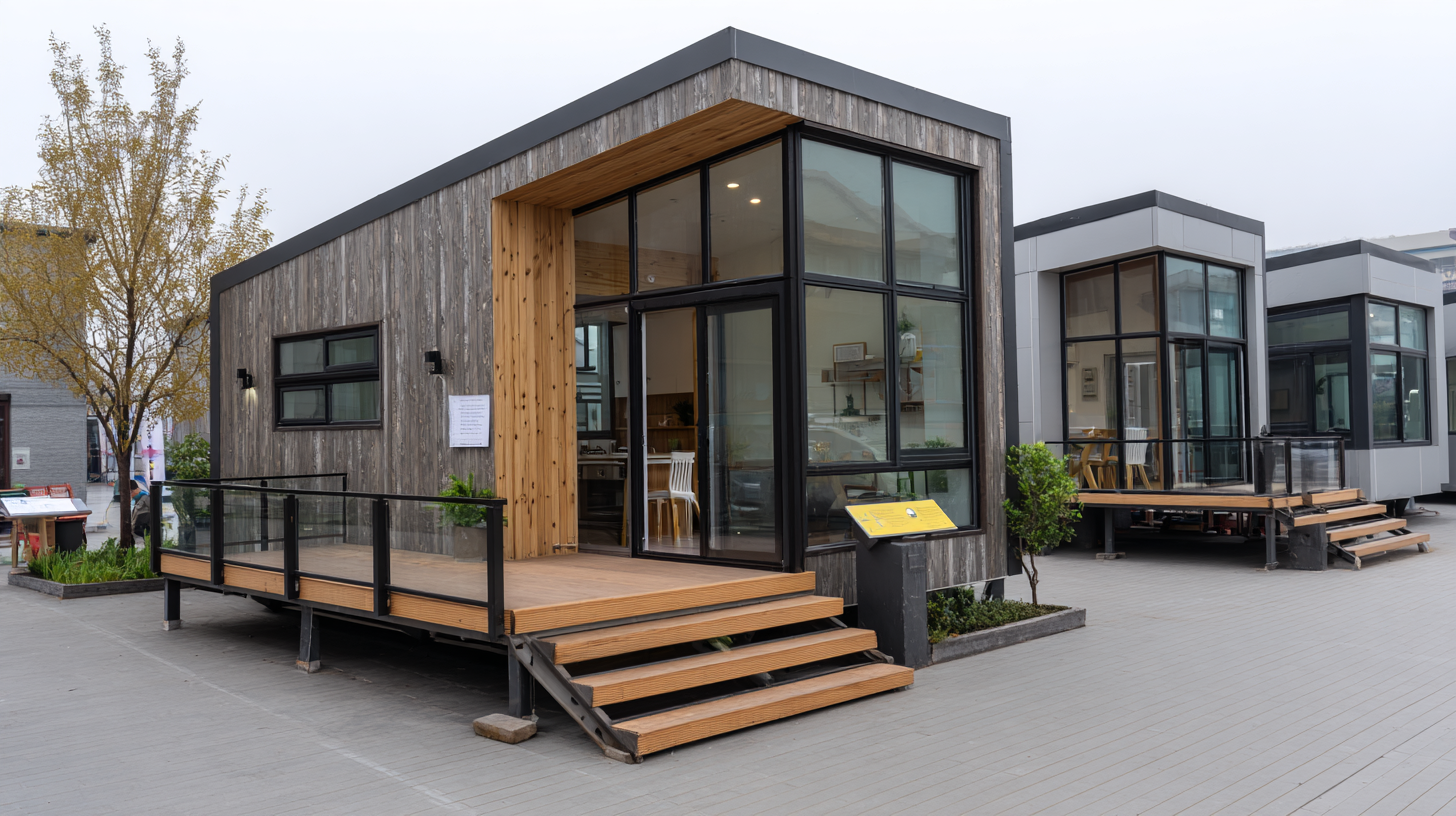
The rise of modular cottage homes marks a significant shift towards sustainability in modern living spaces. One of the key elements driving this revolution is the use of eco-friendly materials. Reports from the World Green Building Council reveal that building with sustainable materials can reduce waste by up to 95%, significantly diminishing the environmental impact of construction practices. By adopting materials such as reclaimed wood, recycled metals, and low-VOC (volatile organic compounds) paints, modular homes not only promote healthier indoor air quality but also contribute to a smaller carbon footprint.
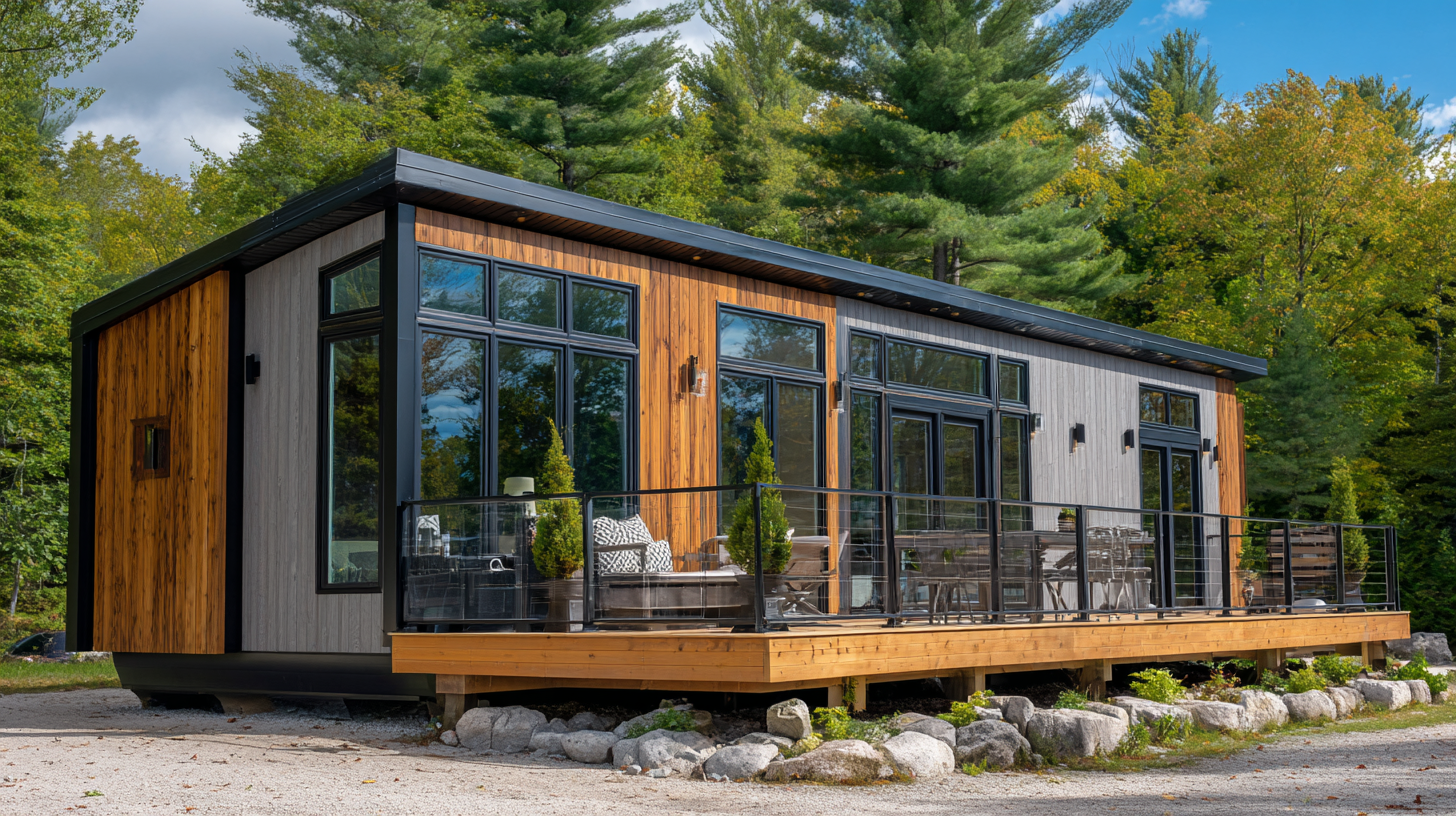
Additionally, the use of renewable resources in construction resonates well with the growing consumer demand for eco-conscious living. A study conducted by McKinsey & Company found that 66% of consumers are willing to pay more for sustainable brands. This indicates a market shift that aligns with the principles behind modular cottage homes. By prioritizing eco-friendly materials, manufacturers can cater to this rising demographic while contributing to sustainable development goals. By innovatively integrating these materials, modular homes exemplify how modern lifestyles can harmoniously coexist with environmental stewardship.
Modular homes are reshaping the definition of community living in contemporary neighborhoods. As urban populations surge, the demand for affordable and sustainable housing solutions rises, leading to a significant interest in modular construction. According to a report by the Modular Building Institute, the modular construction market is expected to reach $157 billion by 2023, underscoring the growing acceptance of these homes as a viable alternative. Modular homes not only provide a cost-effective option but also support faster construction timelines, which is crucial in addressing housing shortages in urban areas.
The social implications of modular homes extend beyond economics; they encourage a sense of community among residents. With their innovative designs and customizable layouts, modular homes can be integrated seamlessly into various neighborhood styles, promoting inclusivity. A study by McKinsey & Company indicates that well-planned, modular housing can increase community cohesion by up to 30%, as these developments often feature communal spaces that foster interaction among residents. As cities evolve, modular homes play a pivotal role in creating vibrant neighborhoods that are both sustainable and socially connected, embracing the changing dynamics of modern lifestyles.
This chart illustrates the benefits of implementing sustainable modular cottage homes in modern neighborhoods, focusing on various key metrics such as affordability, environmental impact, community engagement, and energy efficiency.
